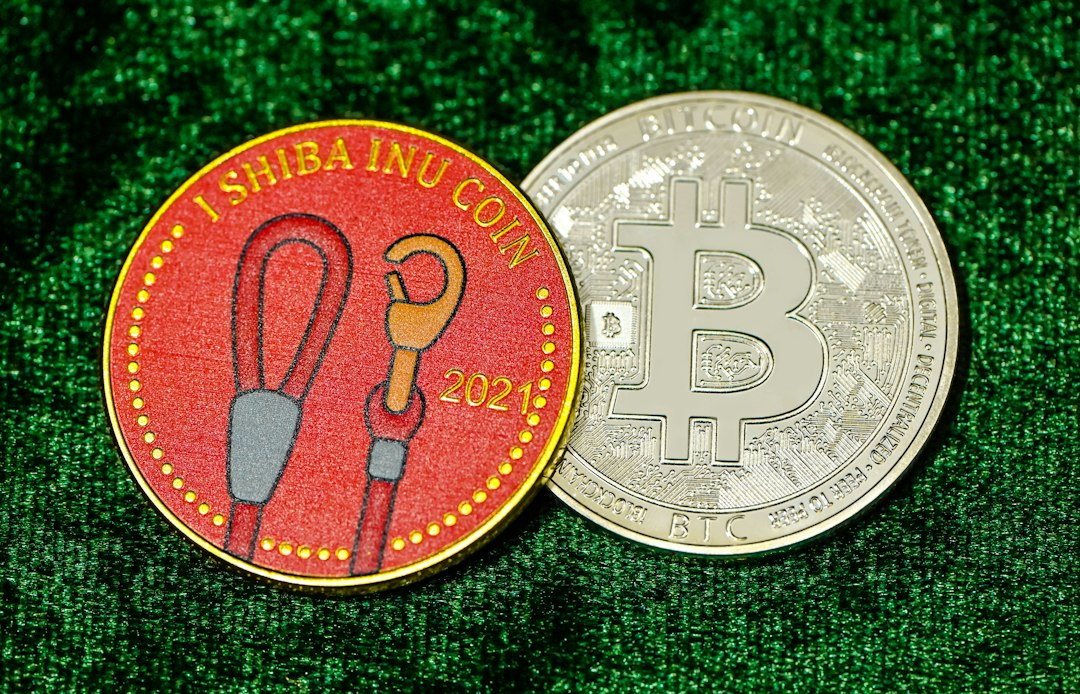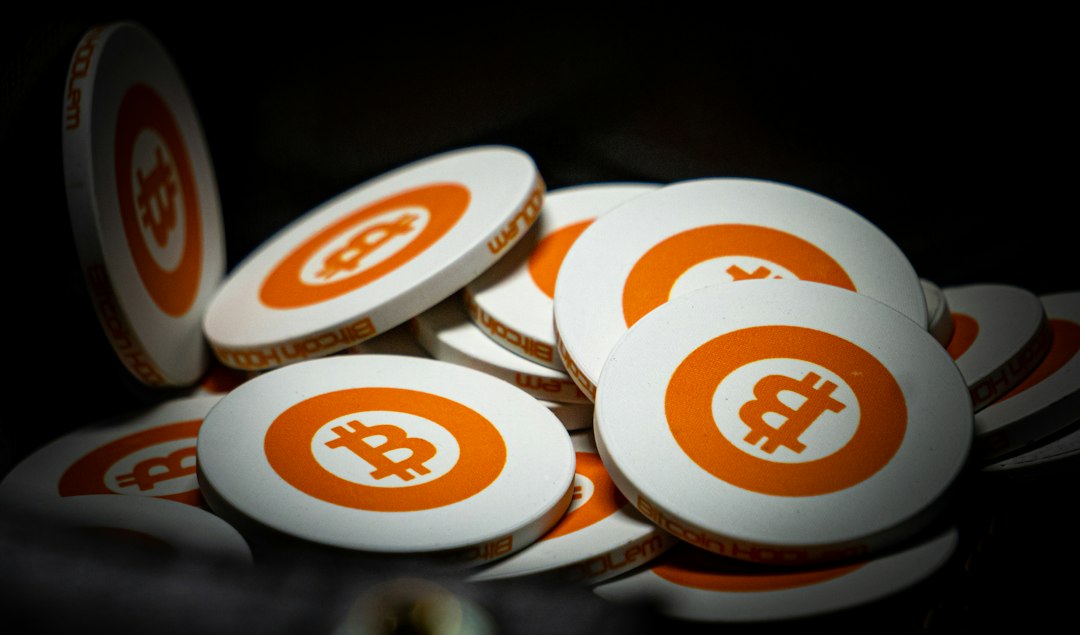Binance vs. US SEC: Terra Lawsuit Decision as Supplement Authority
The U.S. Securities and Exchange Commission (SEC) has submitted a notice of supplemental authority in the ongoing lawsuit against Binance, Binance.US, and CZ. The SEC is requesting the court to consider the ruling in SEC v. Terraform Labs as it relates to the arguments made by the defendants in this case.
The SEC believes that the Terra ruling is relevant because it addresses the definition of an “investment contract” and rejects the defendants’ attempts to disregard established law. The court in the Terra case applied the “Howey Test” to classify certain assets as investment contracts, which are considered securities. This ruling has implications for Binance’s stablecoin BUSD, staking service, BNB Vault, and simple earn program.
Additionally, the court granted summary judgment to the SEC on its claim that the defendants violated Section 5 of the Securities Act of 1933 by selling securities to US investors without exemption under Regulation S.
In December, the SEC tried to introduce supplemental authority from a separate guilty plea and settlement involving Binance and the DOJ. However, Binance and CZ criticized the SEC for bringing irrelevant aspects into an unrelated case.
Hot Take: Implications for Binance and Crypto Industry
The SEC’s use of the Terra lawsuit decision as supplemental authority in their case against Binance raises important questions about how cryptocurrencies and related services are regulated. This ruling suggests that certain crypto assets may be classified as securities, which could have significant consequences for platforms like Binance.
If Binance’s stablecoin BUSD and other offerings are deemed securities, it may require them to comply with additional regulations and face potential penalties for past violations. This development underscores the need for clearer regulatory guidelines in the crypto industry to ensure fair and consistent treatment of market participants.
As the legal battle between Binance and the SEC continues, it will be crucial to monitor how this case and similar rulings shape the regulatory landscape for cryptocurrencies in the United States.





 By
By
 By
By
 By
By


 By
By